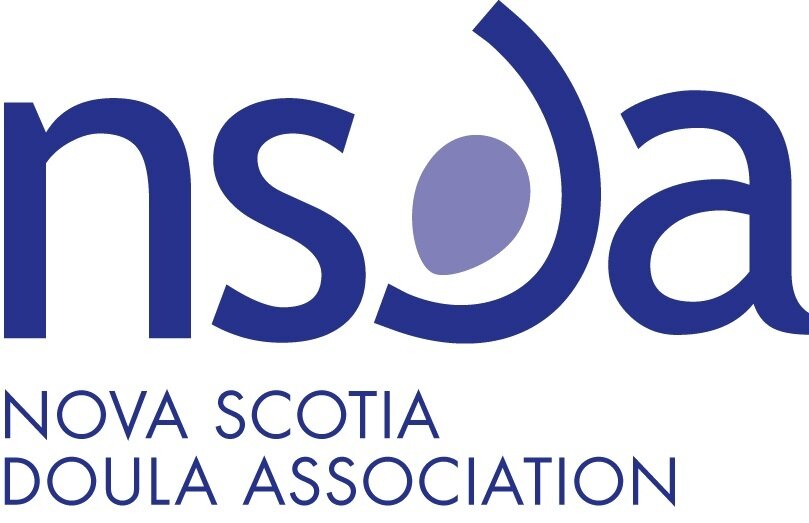How do I become a Nova Scotia Doula?
You’ve heard about us. You might even have had a Doula at your own birth, and now you want to know more about how YOU can become a Nova Scotia Doula.
Becoming a Doula isn’t a decision to be made lightly. Being a Doula is as much a lifestyle as it is a career, and the rewards are often more emotional and mental than financially successful. The word “doula” is derived from the Greek meaning “woman servant” or “mothering the mother”. In a nutshell, that is exactly what we do – we are supportive figures for families during the birth journey. We provide much more than just physical support during labor (although this is a very important role!) – we are emotional and mental supporters and cheerleaders throughout the entire process. It is like being a personal trainer for pregnancy and birth.
Just as there are many different types of families and births, there are different types of Doulas and services we provide:
Birth Doulas provide support to families late in pregnancy and throughout labor and birth. They are skilled in physical supports during labor, breastfeeding initiation and patient advocacy within the medical system. Birth Doulas are often on-call for 2-4 weeks at a time, and expect to drop everything when they are called to support a birth – they provide continuous care throughout the the labor, and can be with the families anywhere from 4-36 hours. Birth Doulas rarely “switch shifts” in order to keep a continued presence with the laboring person.
Postpartum Doulas provide support and education to new families after the baby is born. These Doulas work in the client home and can provide light housework, meal preparation, and respite care of the baby while the parents catch up on sleep, showering or other essential tasks. Postpartum Doulas may also provide physical support to those who are recovering from caesarean section surgery by assisting with newborn care and helping create a home situation that is functional for a post-surgery family.
Bereavement Doulas provide emotional support to families going through a miscarriage, stillbirth or other infant loss situation.
Other services a Doula may provide include breastfeeding assistance, labour and birth education, photography, among other talents.
Volunteer Doulas provide doula services on a low-cost or pro bono basis to families in need who cannot financially obtain doula care but want the support a doula can provide.
Once you have decided what kind of Doula services resonate most with you, it is important to seek out your own support network. Even the most stable Doula needs a supportive, encouraging network around them. You will need to make sure your family and/or spouse is on board with your decision, and that the commitments will be possible with your family. Consider the following:
Do I have young children that I may not be able to leave quickly if I were called to a birth? Can I secure reliable childcare that is available at all hours for my children/pets if I needed attend a client?
Is my family and/or partner comfortable with the possibility of my absence for long periods of time, and the idea that I may be on-call and have to miss important events and holidays regularly?
Do I have a reliable form of transportation to be able to attend to clients?
How do I deal with stressful and emotionally draining situations?
How will I handle a client who makes decisions or choices I do not personally agree with?
What is fueling my decision to support new families in this way?
In Nova Scotia, the Doula industry is unregulated, which means that Doulas are independent contractors who work with, but not for, the health care system. Many Doulas seek certification through a certifying body, although in Nova Scotia’s unregulated industry this is not a requirement. The NSDA welcomes members with full certification from an approved body, and welcomes associates who are working towards certification or seeking training opportunities.
Certification training normally happens over a 3-day period and includes an overview of the pregnancy and labor process, as well as hands-on training of physical comfort measures. Certification is offered by many different organizations, and like anything, we recommend gathering information on all of your options to make an informed decision.


